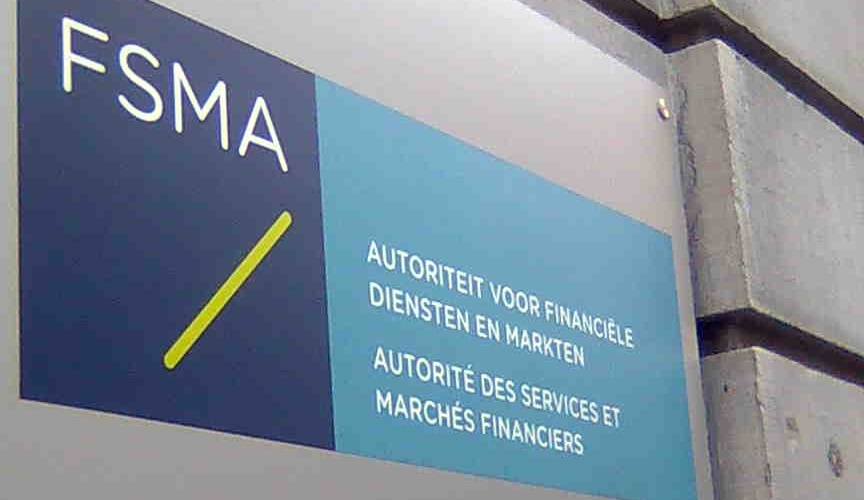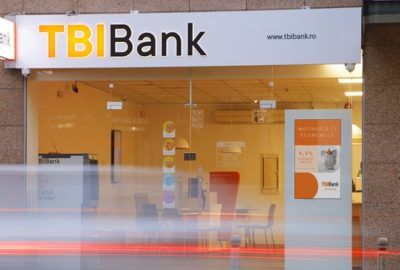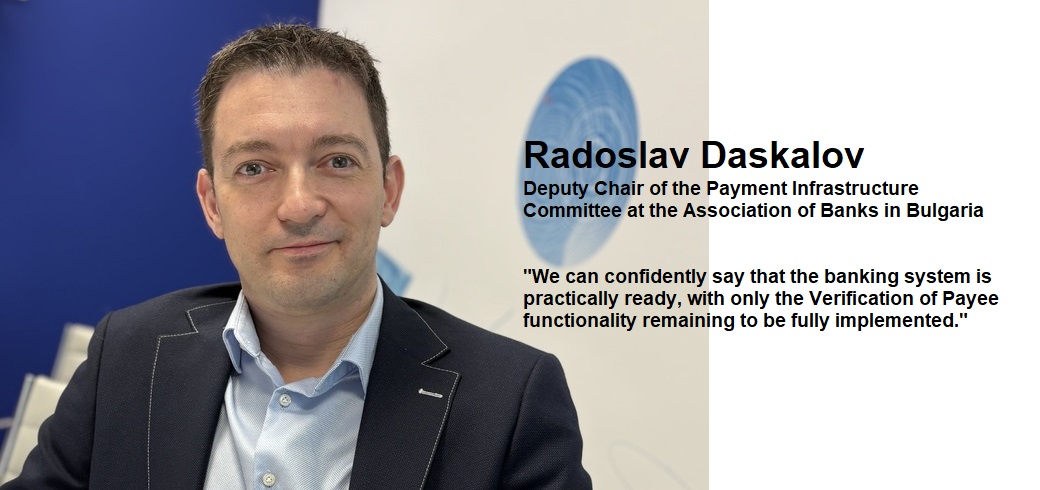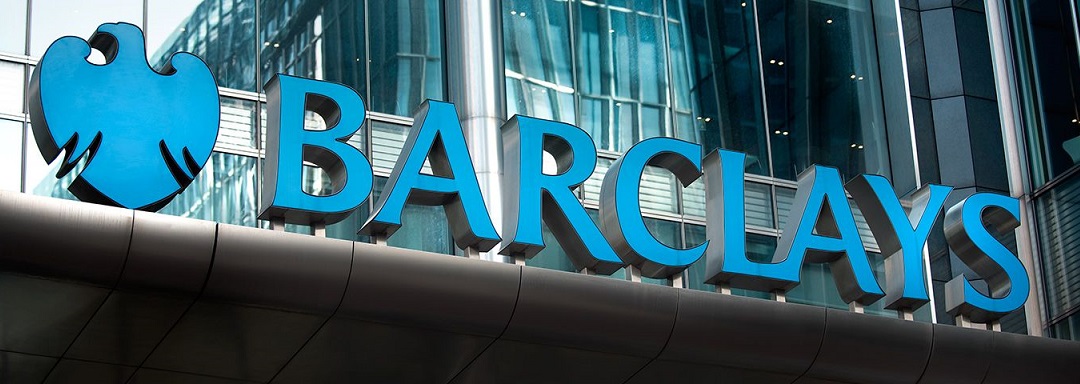Belgium’s financial regulator steps up its action to protect consumers. Crypto ads must contain a short and punchy warning: ‘Virtual currencies, real risks. The only guarantee in crypto is risk.”

New rules governing advertisements for virtual currencies (also known as cryptocurrencies) will enter into force in less than 2 months. The rules are intended, among other things, to ensure that the risks associated with virtual currencies are sufficiently prominent in such advertisements. The Financial Services and Markets Authority (FSMA) will supervise compliance with those rules. In addition, the FSMA will be investing even more in financial education about virtual currencies, including via an educational video that it is launching today on the occasion of the start of the 8th edition of Money Week.
„Virtual currencies are all the rage at the moment, but they involve considerable risk. There is no legal framework yet governing these products, and they have no underlying assets in the ‘real’ world. They are often subject to wild price fluctuations and are vulnerable to fraud and IT-related risks.” – according to the press release.
For these reasons, the FSMA requested and was granted a new power by the government to regulate advertisements for virtual currencies. The FSMA issued a Regulation to this end that was published on 17 March 2023 in the Belgian Official Gazette (Moniteur belge/Belgisch Staatsblad) and will enter into force on 17 May 2023. The Regulation has three main aspects:
The basic principle that advertisements must be accurate and not misleading
Advertisements must contain mandatory information that points out the risks
Mass media campaigns must be notified to the FSMA in advance
The Regulation sets out conditions that all advertisements must meet. So, for example, advertisements may not emphasize the potential advantages without also providing an accurate indication of the risks, limitations or conditions. Nor may advertisements contain any statements about the future value or return, and must be written in comprehensible language.
In addition to these conditions, advertisements must also contain a short and punchy warning: ‘Virtual currencies, real risks. The only guarantee in crypto is risk.‘ All advertisements must also contain a broader warning or a link or reference to such a warning. The broader warning should sum up the various risks in greater detail.
Lastly, mass media campaigns must be notified to the FSMA at least ten days in advance. Mass media campaigns are campaigns that disseminate advertisements to at least 25,000 consumers. The prior notification is intended to enable the FSMA to intervene, if necessary, before the campaign actually begins.
In addition to its new supervisory power, the FSMA is also investing in providing more financial education about virtual currencies. It has developed a new educational video on virtual currencies, which is part of a series of four videos produced in a format that appeals to young people. The videos, in combination with an information sheet for teachers and a quiz for pupils, constitute a complete lesson package. The videos will be launched at the Wikifin Lab by this week, on the occasion of Money Week, by several federal government ministers.
The FSMA is also working on a new game module for the Wikifin Lab, its financial education centre. The module is intended to make young people aware of the risks associated with virtual currencies. A first draft of the new module is currently being tested; it will be launched at the beginning of the next school year.
„Some consumers want to earn money quickly by trading in virtual currencies. This goes hand in hand with great risks. In order to better protect consumers, the FSMA is stepping up the pace when it comes to supervision and financial education,” says Jean-Paul Servais, Chairman of the FSMA. „Thanks to the new Regulation, the FSMA will be able to check whether advertisements for virtual currencies are accurate and not misleading, and whether the advertisements contain the compulsory warnings of risk.„
____________
In light of its new powers, the FSMA has carried out a study of investor behaviour in Belgium. It engaged the IPSOS market research firm to survey 1000 investors in November 2022. These are people who invest money in something other than a savings account, a term deposit account or an individual pension plan. We present here the main findings of the survey as regards virtual currencies, based on the answers given by the participants.
It is chiefly young people who buy virtual currencies
Young people (aged 16-29) are the best represented among the group of investors who buy virtual currencies. 34 per cent of investors between the ages of 16 and 29 trade in virtual currencies. But higher age groups are also active in virtual currencies: 30 per cent of those between 30-39, 17 per cent of the 40-49 age group, and 11 per cent of investors between the ages of 50 and 59.
Trading in virtual currencies is most popular among men and in Flanders. 80 per cent of those who invest in virtual currencies are men. 63 per cent live in Flanders, 22 per cent in Wallonia and 15 per cent in Brussels.
Mainly for quicker earnings
Making money quickly (43 per cent) and the pleasure and excitement of trading in innovative products (36 per cent) are the main reasons for trading in virtual currencies.
Investors who do not trade in virtual currencies say it is because of the high risk (58 per cent) or because they don’t believe in it or don’t see the point (46 per cent).
Large group invest small amounts in virtual currencies
The amounts traded in virtual currencies are smaller than in traditional investments.
More than 60 per cent of traders bought less than 2500 euros’ worth of virtual currencies; 31 per cent bought less than 500 euros’worth. Only 15 per cent bought more than 10,000 euros’ worth of virtual currencies.
‘Cryptowinter’ has not caused believers to waver
The cryptowinter and the bankruptcy of FTX has hardly affected faith in virtual currencies. Only 7 per cent say that they will no longer trade in virtual currencies as a result.
More than 60 per cent consider recent events a ‘temporary correction’ or will continue trading in virtual currencies.
16 per cent of crypto traders even consider this an opportunity and are trading even more in virtual currencies than before.
Friends, family, mobile apps and robo-advice important for people trading in crypto
Both crypto and non-crypto traders get most of their information from newspapers and product sheets.
Friends and family as well as mobile apps and robo-advice are sources of information for 27 per cent of people trading in crypto, as compared to 18 and 13 per cent respectively of non-crypto traders.
„These figures are useful to help guide the FSMA’s actions. They also indicate the usefulness of the FSMA’s approach and strengthen its resolve to continue to take a proactive attitude in this area,” concludes Jean-Paul Servais.
Dariusz Mazurkiewicz – CEO at BLIK Polish Payment Standard
Banking 4.0 – „how was the experience for you”
„To be honest I think that Sinaia, your conference, is much better then Davos.”
Many more interesting quotes in the video below:










